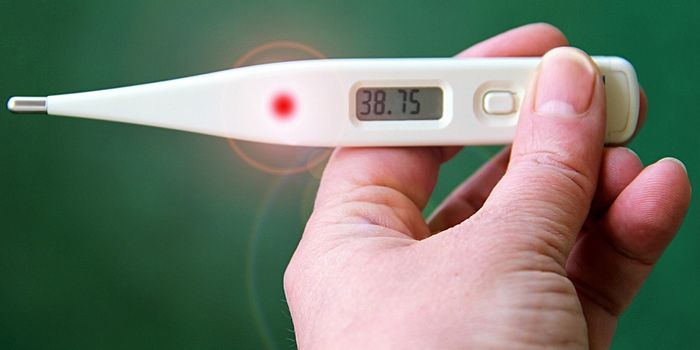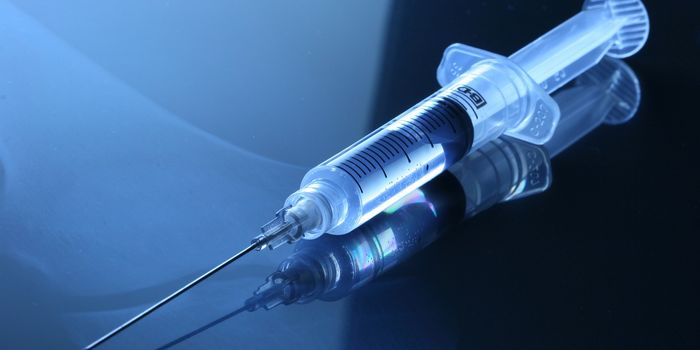Chemotherapy Disrupts Gut Bacteria in Cancer Patients
Researchers from Australia have found that the conventional chemotherapy used to treat various cancers disrupts the composition of microbiota in the gut. The study was published in BMC Cancer.
Gut bacteria is known to influence many aspects of health including immunity and treatment outcomes for patients with cancer. As the effects of chemotherapy on the microbiome, independent of antibiotics, have been largely unknown, researchers sought to find out whether and how chemotherapy alone affects gut bacteria.
"We know that myelosuppressive chemotherapy reduces white blood cell count significantly during the first seven to 10 days of treatment, making the body more vulnerable to infection," says Dr. Lito Papanicolas, lead author of the research.
"In this study we focused on how much the individual's microbiome changed over this period, when the bacteria are most likely to cause infection."
For the study, Papanicolas and his team recruited 19 participants receiving conventional chemotherapy for various organ cancers without antibiotics. None of the participants had cancer that affected the blood.
The researchers collected fecal samples from the participants prior to chemotherapy, 7-12 days after beginning it, and at the end of the first treatment cycle. They determined microbiota diversity and composition by 16S rRNA gene amplicon sequencing.
After analyzing their results, the researchers found that samples collected 7-12 days after chemotherapy initiation had a decrease in the relative abundance of gram-positive bacteria and an increase in gram-negative bacteria, including some which can cause potentially life-threatening infections in cancer patients.
Although the researchers concluded that the microbiome of these patients was significantly changed by chemotherapy, they say that further research is needed to link these changes to clinical outcomes.
"It could be that what we're seeing is actually a good thing, because there's a possibility that the change in microbiome triggers the body's immune response to fighting cancer," says Dr Papanicolas.
Sources: BMC Cancer, NewsMedical.net









